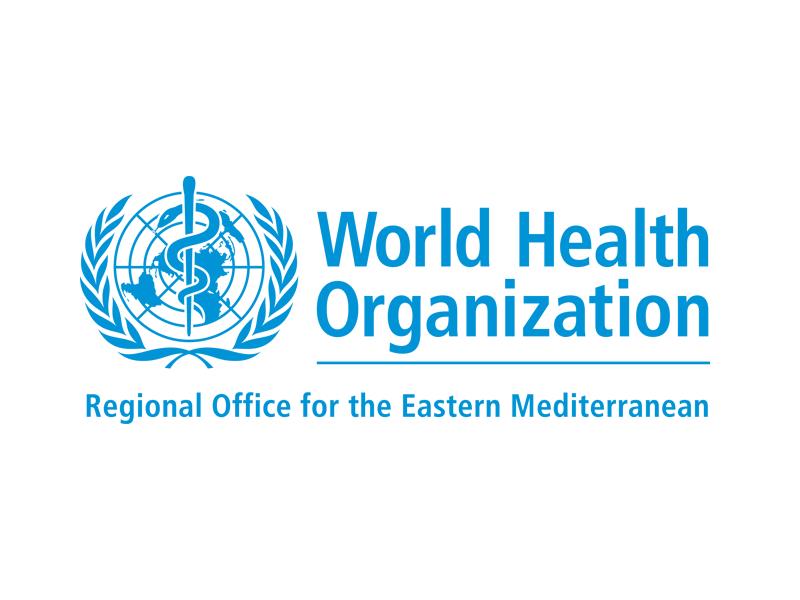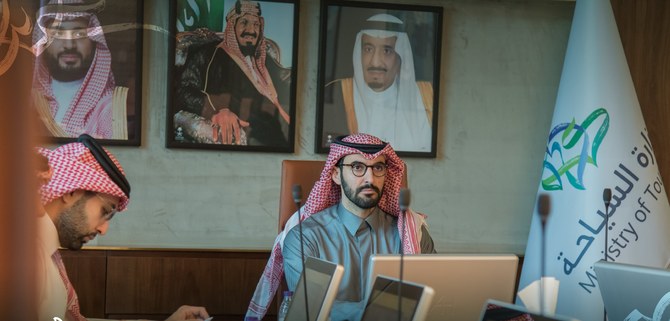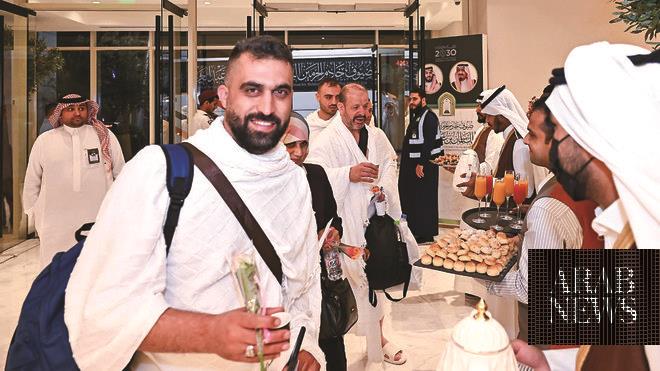
The Hajj pilgrimage in Mecca, Saudi Arabia, inspires awe in both active participants and those who witness the event remotely, on television. First and foremost, there is the spiritual significance of the event. But what also captures the focus are the remarkable efforts of the Government of Saudi Arabia to ensure the safety and well-being of the millions of pilgrims who gather from around the world.
There are immense challenges in managing such a massive event. Infrastructure, accommodation, technology and crowd management are all factors that, when well thought out, can make a pilgrimage a success. It’s also crucial to manage threats such as disease outbreaks and cross-border health risks.
In collaboration with Saudi Arabia, the WHO Regional Office for the Eastern Mediterranean has been diligently working to ensure that all necessary capacities are in place for the annual Hajj pilgrimage. The Global Center for Mass Gatherings Medicine in Saudi Arabia, a WHO collaborating centre, specializes in preparing for and managing mass gatherings like Hajj and Umrah.
Mass gatherings, even when planned, can put a strain on local resources and pose health risks. Preparing for these events demands evidence-based risk assessments, community engagement and local capacity-building. Behind-the-scenes efforts that deliver exceptional services
To prepare for each Hajj season, the Global Center conducts an in-depth assessment of Saudi Arabia’s health early warning system. The aim is to evaluate its readiness to detect and respond to potential health risks. An after action review follows the Hajj season. Working with the Regional Office, the Global Center identifies areas for improvement and showcases successful practices for future planning.
The 2023 after action review highlights the exceptional services provided to pilgrims – including a network of 354 health facilities staffed by over 36 000 health professionals and 7600 volunteers. Educational campaigns on health and safety measures were widespread. These were backed by vigilant health surveillance to monitor and detect any potential health threats, as well as round-the-clock emergency medical services.
A state-of-the-art public health emergency operations centre had a pivotal role in coordinating and managing the diverse range of health services and activities during the Hajj season. Serving as a central hub for intelligence and surveillance data, it can ensure timely responses to any potential health threats.
The success of each Hajj season reflects years of experience in mass gathering preparation and management, guided by evidence-based policies and plans. Insights from each season contribute to continual improvement, making for more comprehensive services and greater preparedness for future challenges. The commitment to Hajj pilgrims’ safety continues year-round to ensure that this profound spiritual journey remains safe and enriching for all who take part.










